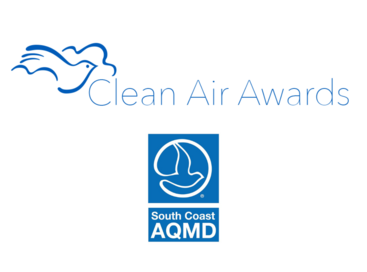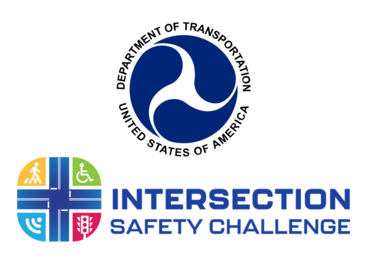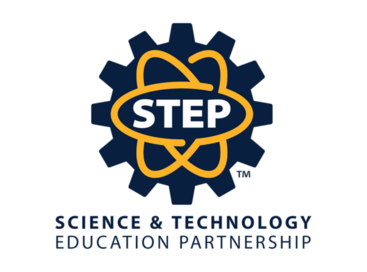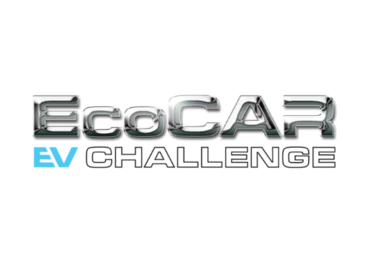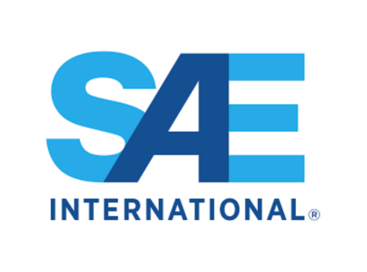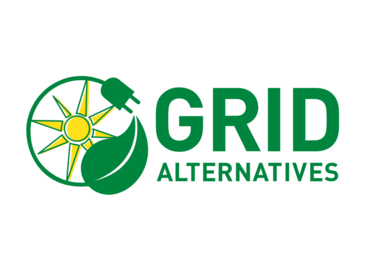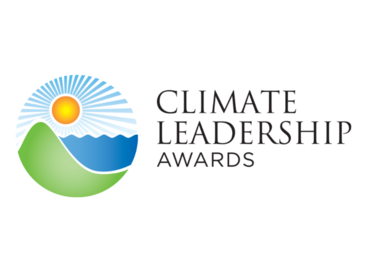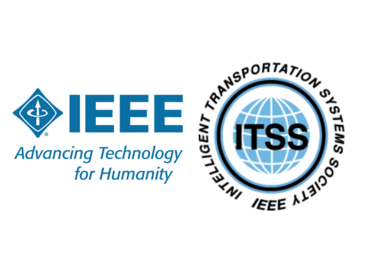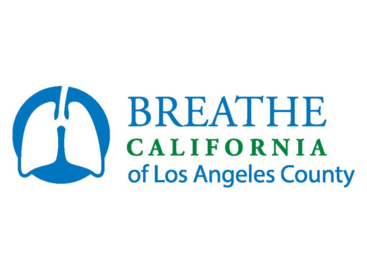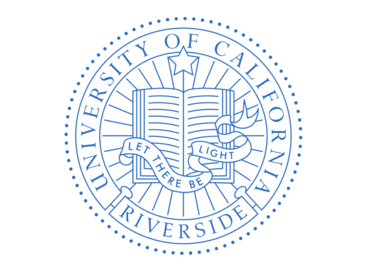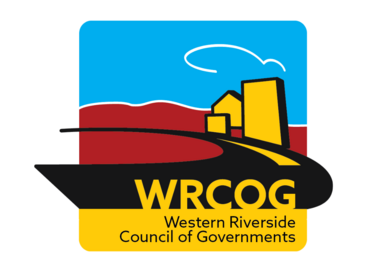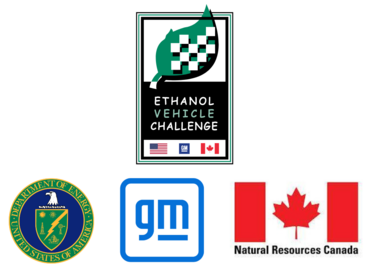About CE-CERT
Our Mission
The Bourns College of Engineering, Center for Environmental Research & Technology (CE-CERT)’s mission is to be a recognized leader in environmental education, a collaborator with industry and government to improve the technical basis for regulations and policy, a creative source of new technology, and a contributor to a better understanding of the environment.
Established in 1992 and now operating as the largest research center at the University of California, Riverside, CE-CERT brings together multiple disciplines throughout campus to address society’s most pressing environmental challenges in air quality, climate change, energy, and transportation. CE-CERT’s activities encompass all three aspects of the University of California’s overarching mission: research, education, and public service.
LEADING THE WAY: AN INSIDE LOOK AT CE-CERT
Directory
Collaborative Innovation with Real-World Impact
For over 30 years, CE-CERT has acted as an honest broker—facilitating collaboration between industry, government, and academia to address critical environmental and energy challenges. By providing a neutral platform, CE-CERT ensures that technologies are independently validated, practically applied, and aligned with regulatory standards.
Through targeted consortia in areas such as clean transportation, air quality, and renewable energy, CE-CERT brings together researchers, regulatory agencies, and industry partners to generate actionable insights and accelerate technology deployment.
CE-CERT also conducts pilot-scale demonstrations and testbed evaluations to assess emerging technologies under real-world conditions, supporting the transition from research to implementation.
Learn more on our Consortia and CalTestBed pages.

Awards and Recognitions
CE-CERT’s leadership in environmental research and technology has earned recognition through numerous prestigious awards. These honors reflect the dedication and innovation of our team in addressing today’s most critical environmental challenges—and motivate us to continue advancing science and technology for real-world impact.
